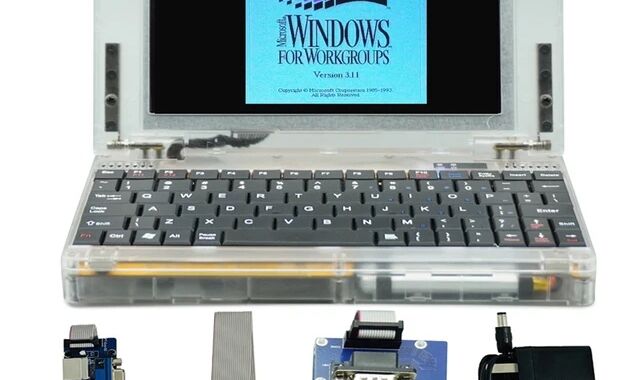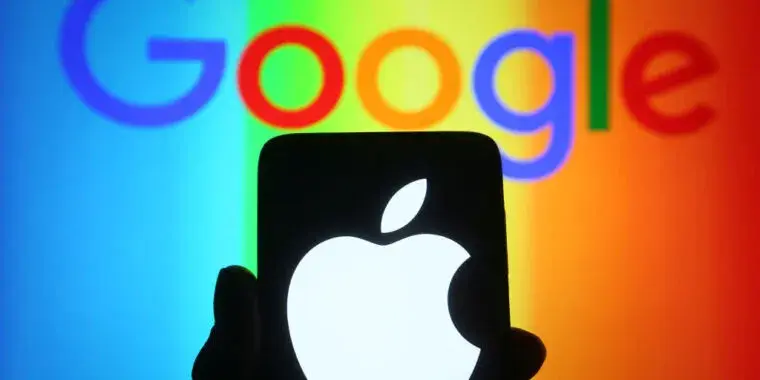nothing better than Signal
he/him
openpgp4fpr:8d54f85b414086d978e71df49f845578082de33d
- 21 Posts
- 92 Comments
Signal was developed with financial backing by the CIA, so do with that information what you will.
source?

 197·3 months ago
197·3 months agoNPR News is probably what you’re looking for. sports and celebrity stuff is relegated to the Culture section, which is its own separate thing (although there are a couple of music stories that seem to have been misplaced). here is the RSS feed for the News section: https://feeds.npr.org/1001/rss.xml
true. gotta get one of those desks you see at schools, with the hole in the corner and the plastic cover
the setup actually isn’t bad at all. using a soundbar is a nice touch. i would do something about the clutter though; you want a nice clean desk for gaming sessions. too bad we can’t see the chair, you need something like an office chair for maximum comfort and not a gaming chair, as they actually aren’t very good for your back
to spite entropy

 7·5 months ago
7·5 months agohe absolutely carried Stargate Atlantis, it was weird to see him in Aquaman

 50·5 months ago
50·5 months agoAquaman. the visual effects were ridiculous, the characters were one-dimensional, the soundtrack was…something, and the overall tone was that of a testosterone firehose to the face. i said the eight deadly words about halfway through, and i was thoroughly bored out of my mind despite action scene after action scene after action scene…the only reason why i didn’t just get up and leave was because i was watching with a group

 3·5 months ago
3·5 months agoit’s on “Copilot+” PCs (i.e. ARM-based with an NPU)

 3·5 months ago
3·5 months agoIIUC it wouldn’t be able to be automatically started then, right? I mean I guess you could drag it to startup but it would need the password to start. From a security minded perspective that’s good, but from a user perspective kind of sucks.
that’s true, but since this is a record of everything you’ve ever done, i feel this is the irreducible minimum for security. a separate password prompt would signal to the less technically-minded users that this is Serious
Always forced to foreground makes it even less convenient and kind of odd.
this is a design pattern i borrowed from Linux (my OS of choice). modern Linux apps require your explicit permission to run in the background, so most of them don’t even bother with running in the background at all. that said, i suppose it can run in the background, as long as the status indicator is sufficiently noticeable, but you’d have to go into the settings and flip that switch yourself
I don’t see this functionality as being useful if you have to remember to turn it on.
i imagine that it would become a habit, or you’d set it to run on startup. my use case would be turning it on for specific tasks like research or shopping, where you might only later remember that that one thing you saw was actually really valuable
I figure the cryptfs could be a bitlocker volume with a different key than the base C drives key to get similar protection. In theory it could also be based on the C drives bitlocker for a less secure, but still hardware level secured middle ground.
can a user-installed app do that?

 4·5 months ago
4·5 months agoif i were designing a recall program, here’s how i would do it: it would take a screenshot every five seconds, OCR it, then run it through local quantized image recognition and word association neural networks, and then toss everything into a CryFS vault. when launching the recall program, you have to provide the password to unlock the vault so it can read and write to it. it can only run in the foreground (so you have to keep the window open for it to run, no closing it and forgetting about it) and it will display a status indicator in your system tray that provides a menu to pause or stop recording. afterwards, you can mark any text or region of the screen for redaction, and it’ll redact it across all screenshots and delete it from the database; you can delete individual screenshots or entire periods of time; and there will be an easily accessible self-destruct option that shreds the database (i.e. overwriting it with random garbage 21 times before deleting it off the disk). this is all offline and the application will not request network access
i’m just making this up on the fly, so there are absolutely security and privacy considerations I absolutely forgot about, but this is the bare minimum i would like to see

 9·5 months ago
9·5 months agobrowser data is a potential liability, sure, but you have tools to manage it. you can delete pages or entire websites, you can use private windows, you can purge history older than 6 months or something like that, and at least a few browsers have a “forget” button that wipes out the last two hours of history. similar deals with cookies and other data, and we’ve collectively decided the benefit of having browser data is worth the risk.
not so here. Recall is a record of everything you’ve ever done on your PC. you can’t selectively delete things like you can with browser history, the app and website exclusion is only as good as whatever Recall is using to detect apps and websites, and you can’t redact sensitive info after the fact. people are generally okay with browser history and data because they know they have fine-grained controls to manage it, controls Recall doesn’t have

 26·5 months ago
26·5 months agothe screenshots and text are just sitting in the appdata folder, which requires no special permission to access
anything but the metric system

 391·5 months ago
391·5 months agoAnnaArchivist is not the asshole here. this is extremely out-of-line and entitled behavior on CurrentRisk’s part, whining about something as insignificant as download speeds and hounding AnnaArchivist for a response she is not obligated to give, on a post that’s combative and immature and generally not worthy of her consideration, when she has so many better things to be doing

 2·6 months ago
2·6 months agotry
sudo apt install akmod-nvidia. it’s gonna pull in some dependencies and a proprietary driver, and probably break Secure Boot if you have it set up, but that’s how i got it to work on Fedora (except i used dnf, of course)
don’t use amp links pls

 4·8 months ago
4·8 months agooriginal report is here















I looked up the Open Technology Fund on Wikipedia and it has no relation to the CIA. well, except that its parent agency (Radio Free Asia) is part of the US government like the CIA is. they don’t seem to work together at all, and they’re under the purview of two different branches of government
besides, as other commenters have said, they’re open source and they’ve been audited. anyone can build the client themselves (with any potential backdoors removed) and set up their own server. would the CIA allow for that?